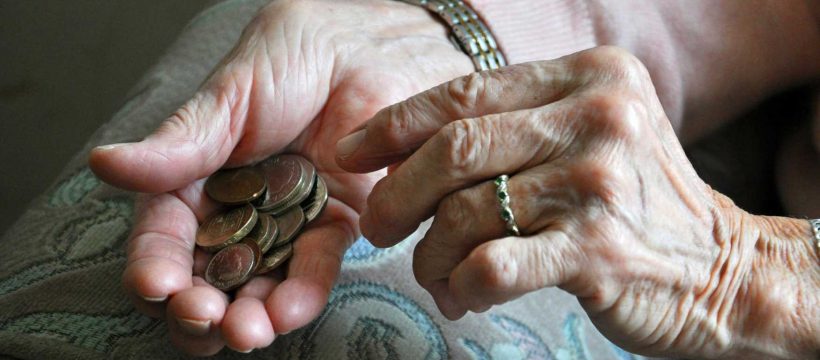THE Prime Minister has confirmed that the pensions triple lock will be scrapped due to the impact of the coronavirus pandemic.
We explain how the triple lock works, and what will happen to the state pension now it has been suspended.
What is the triple lock?
The triple lock is a calculation used to determine how much the state pension rises by each year.
It was introduced by the coalition government in 2010 and sees pension payments increase in line with whichever of the following is highest:
- earnings – the average percentage growth in wages in Great Britain
- prices – the rising cost of living in the UK, as measured by the Consumer Prices Index (CPI)
- 2.5%
For the current 2020/21 tax year, this saw payments for new retirees rise by up to £6.60 a week – meaning maximum payments grew from of £168.60 to £175.20 a week.
Meanwhile, the maximum basic state pension, which is for those with a national insurance record pre-April 2016, rose by £5.05 – this meant maximum payments grew from £129.20 to £134.25 a week.
For the next tax year, 2021/22, the minimum 2.5% increase is expected to come into force after the pandemic kept both CPI inflation and earnings close to 0%.
If the triple lock comes into force, the new state pension will rise by £4.40 a week to £179.60 in April next year – an increase of £228.80 over the year.
The old basic state pension would increase by £3.40 a week to £137.65 – giving pensioners an extra £176.80 over 12 months.
The new state pension is for those who build up national insurance contributions after April 2016.
Ten years worth are needed to get the new state pension, while 35 years are needed to qualify for the full amount.
You need at least 30 qualifying national insurance years to get the basic state pension.
Is the triple lock being scrapped?
Boris Johnson confirmed that the triple lock will be scrapped next year due to the impact of the pandemic on wages.
Instead the triple lock will be replaced with a double lock promise – for just one year.
That means the state pension will rise by the rate of inflation, set to be around 3% next year, rather than average wage growth.
Wages have soared by around 8% since lockdown ended, which would have forced the Chancellor to find billions of pounds extra to fund pensions.
Work and Pensions boss Therese Coffey made the statement confirming the suspension in the House of Commons.
She told MPs: "This year I anticipate an unusual change in earnings thanks to the impact of the Covid pandemic.
"Earnings have risen at an unprecedented rate and we face a distorted reflection of wages growth… 8.8 per cent compared to the same time next year.
"I am clear, another one year adjustment is needed.
"For 2022/23 only, we will make sure the state pension rises by 2.5 per cent or in line with inflation, which is expected to be higher.
"It will set aside the earnings element for 2022/3 before being restored for the end of this Parliament."
There have been calls for the triple lock to be axed for years given its cost on public coffers – either becoming a double lock or being scrapped altogether.
Pension consultants LCP has said before that applying the principles of the triple lock over two years rather than one would keep the promise while saving cash.
But it's popular with older voters which is perceived to be why successive governments have kept it in place despite its cost.
Steven Cameron, pensions director at financial provider Aegon previously said: "It’s only right that the Treasury is beginning to think about what it needs to do to put the country’s finances back on a steady footing.
"It’s no surprise to see policies perceived by some as overly generous for certain groups on the list of expenditures that could be reduced."
There are six major changes coming this year, including Universal Credit, furlough and bills – and we explain what it means for your money.
We also explain child benefits including how much you can get and if you can claim for more than two children.
But the £20 a week boost to Universal Credit that many families have been claiming to help during Covid will end soon, despite calls to make it permanent.
We pay for your stories!
Do you have a story for The Sun Online Money team?
Email us at [email protected]
Source: Read Full Article

